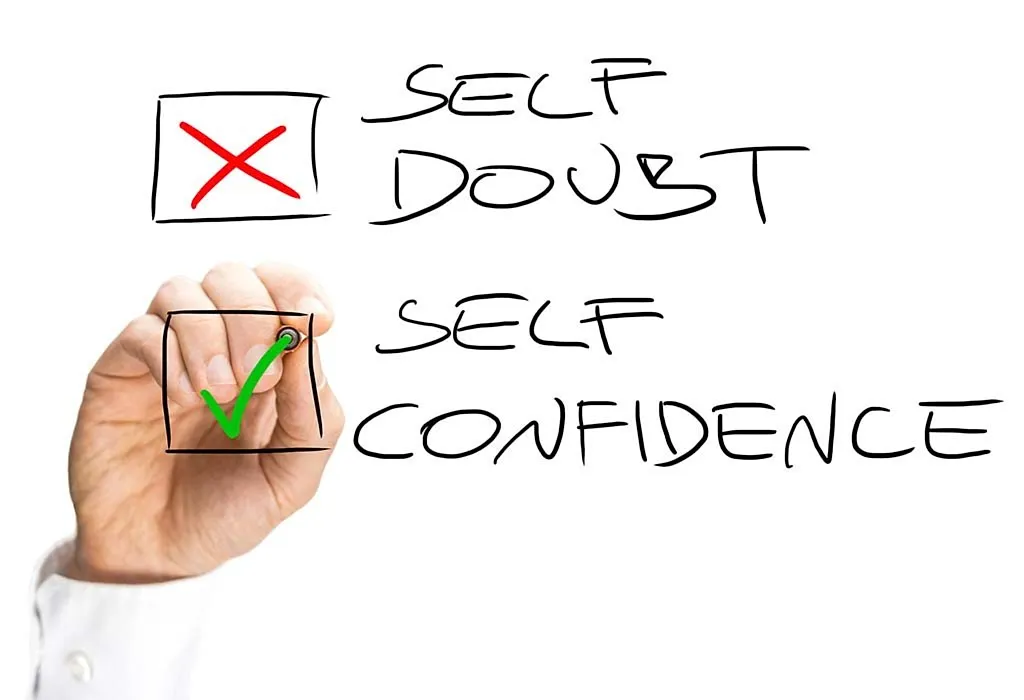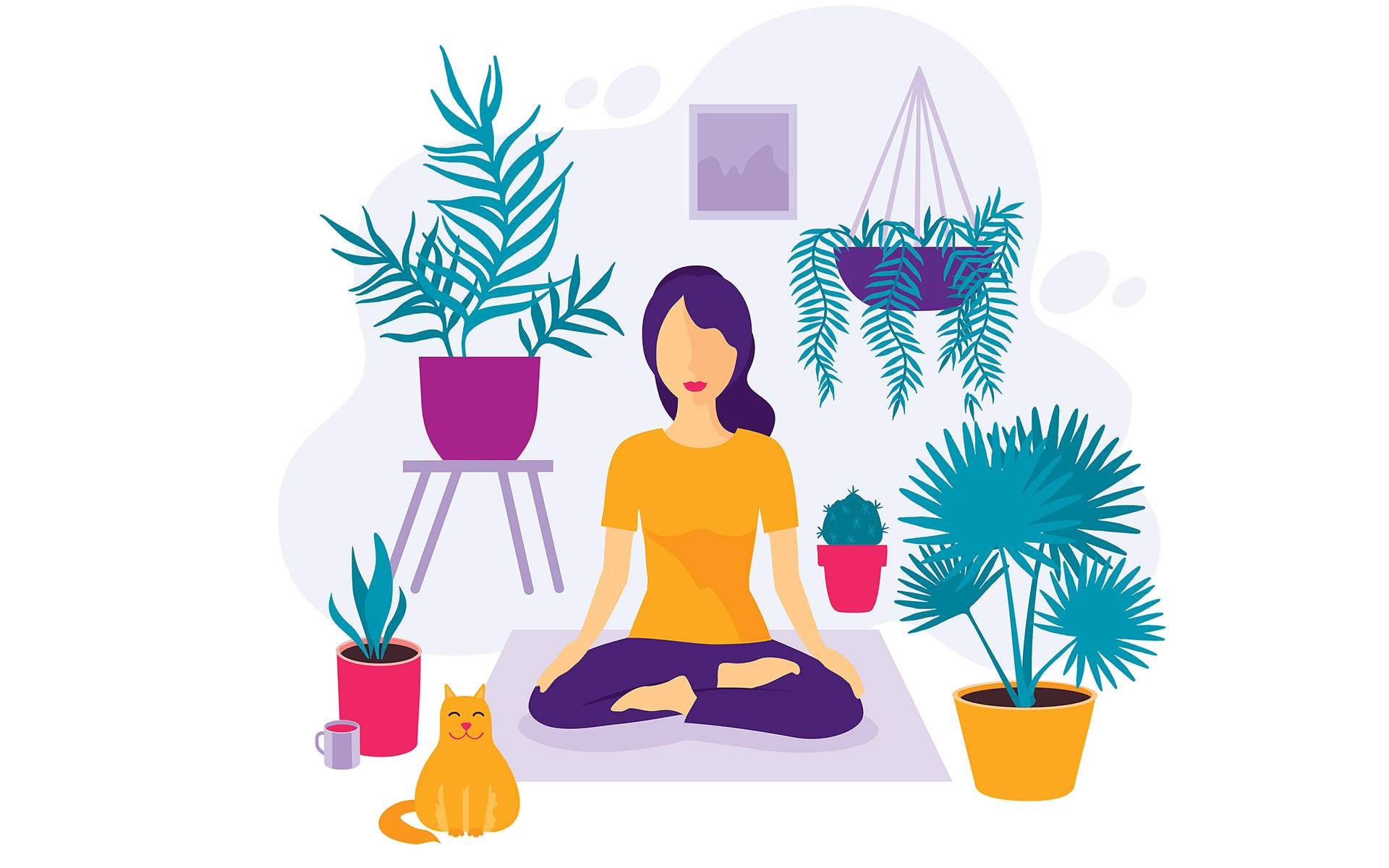Gratitude might seem like a simple concept, but its effects are profound and life-changing. At its core, gratitude is about recognizing and appreciating what you have rather than focusing on what’s missing. It’s more than just saying “thank you” — it’s a way of life that can shift your mindset and improve your overall well-being. In this article, we’ll explore what gratitude really is, how it impacts your life, and practical ways to cultivate a gratitude practice that can transform your life.
Understanding the Concept of Gratitude
Defining Gratitude and Its Origins
Gratitude is the practice of acknowledging and appreciating the things, big or small, that contribute positively to your life. It’s not about ignoring challenges but about finding value in what you already have. The concept of gratitude dates back thousands of years, with roots in many cultures and philosophies, including ancient practices like Buddhism and Stoicism.
Types of Gratitude
There are two main types of gratitude:
- Trait Gratitude: This is a stable characteristic of some people who naturally focus on what they’re thankful for.
- State Gratitude: This refers to the temporary experience of being grateful, often triggered by specific events or moments.
Understanding these distinctions can help you apply gratitude intentionally in different areas of your life.
Common Misconceptions About Gratitude
One common misconception is that gratitude means ignoring your problems or pretending everything is perfect. That’s not the case. Gratitude involves acknowledging challenges while focusing on the positives that balance them out.
The Science Behind Gratitude
Gratitude isn’t just a feel-good concept; it’s backed by science. Research shows that expressing gratitude impacts various areas of your brain and contributes to overall well-being.
How Gratitude Affects the Brain
Studies have found that gratitude activates the brain’s reward system, releasing feel-good neurotransmitters like dopamine and serotonin. These chemicals play a key role in promoting happiness and a sense of well-being.
The Role of Gratitude in Improving Mental Health
Gratitude has been linked to lower levels of stress, anxiety, and depression. It helps shift your focus from negative thoughts to positive ones, making it easier to manage emotional struggles.
The Connection Between Gratitude and Happiness
One of the most significant findings in gratitude research is its strong connection to happiness. Grateful people tend to report higher levels of life satisfaction and are more resilient to life’s ups and downs.
Benefits of Practicing Gratitude
From improving mental health to enhancing relationships, gratitude has a wide range of benefits.
Improved Mental Health and Emotional Well-Being
Gratitude encourages a positive outlook, which can combat feelings of depression and anxiety. Practicing gratitude regularly helps foster emotional balance and resilience.
Enhanced Relationships and Social Connections
When you express gratitude, you strengthen your connections with others. Whether it’s friends, family, or colleagues, gratitude promotes empathy, kindness, and understanding, which leads to healthier relationships.
Boosted Resilience and Coping Abilities
Gratitude helps you see setbacks as temporary and opportunities for growth. It strengthens your ability to cope with life’s challenges and bounce back from adversity.
Gratitude and Happiness: A Deep Connection
If you’ve ever wondered why some people seem happier than others, gratitude might be the key.
How Gratitude Increases Positivity and Optimism
Gratitude shifts your focus from what’s lacking to what you already have. It helps foster a more optimistic outlook, making you more likely to see opportunities rather than obstacles.
Breaking Free from Negativity and Focusing on What’s Good
Negative thoughts often lead to feelings of dissatisfaction and unhappiness. Practicing gratitude interrupts this cycle and helps you appreciate the positive aspects of your life.
The Long-Term Impact on Happiness Levels
Research shows that consistent gratitude practice leads to lasting increases in happiness. The more you cultivate gratitude, the more you’ll begin to notice its ripple effects.
Gratitude and Stress Reduction
One of the most powerful benefits of gratitude is its ability to reduce stress.
How Gratitude Lowers Stress and Anxiety
When you focus on the positives in your life, you create a mental shift that reduces the grip of stress and anxiety. Instead of dwelling on problems, you learn to appreciate the present moment.
Practicing Gratitude to Shift Focus from Problems to Solutions
Gratitude helps reframe challenges, allowing you to focus on what’s within your control and take constructive action.
The Role of Gratitude in Managing Stress
Studies have found that people who practice gratitude regularly experience lower levels of stress and are better equipped to handle life’s challenges.
Gratitude and Relationships
Gratitude isn’t just about personal growth—it’s also a powerful tool for improving relationships.
Building Stronger Connections Through Gratitude
Expressing gratitude builds trust and strengthens relationships. A simple “thank you” can go a long way in showing appreciation.
How Expressing Gratitude Improves Interpersonal Relationships
When you express gratitude, you show others that you value and appreciate them. This helps create deeper connections and stronger bonds.
The Impact of Gratitude on Family, Friendships, and Work Relationships
Gratitude improves family dynamics, enhances friendships, and even boosts workplace relationships by fostering a culture of respect and support.
Gratitude and Self-Improvement
Gratitude is a tool for personal development and growth.
Cultivating Gratitude to Boost Self-Esteem
Gratitude helps you recognize your strengths and accomplishments, leading to increased self-worth and confidence.
How Gratitude Helps You Achieve Personal Growth
By focusing on what’s going well, you’re motivated to pursue goals and make positive changes in your life.
Transforming Negative Self-Talk with Gratitude
Gratitude encourages you to shift from self-criticism to self-compassion, reducing negative self-talk and fostering a healthier self-image.
How to Cultivate a Gratitude Practice
Creating a gratitude practice doesn’t have to be complicated. Here are some simple ways to get started.
Simple Ways to Start Practicing Gratitude
You don’t need grand gestures—start small by identifying things you’re thankful for daily.
Keeping a Gratitude Journal
Writing down things you’re grateful for helps reinforce a positive mindset and serves as a powerful reminder.
Creating Daily Rituals of Gratitude
Incorporating gratitude into your daily routines, like mealtime or before bed, helps make it a consistent habit.
Gratitude Journals: A Powerful Tool for Transformation
Keeping a gratitude journal is one of the most effective ways to deepen your practice.
How Journaling Helps Enhance Gratitude
Journaling allows you to reflect on what you’re thankful for, making it easier to notice the positives in your life.
Benefits of Writing Down What You’re Grateful For
Putting your thoughts on paper reinforces gratitude, helping you internalize its benefits.
Tips for Keeping a Meaningful Gratitude Journal
Set aside a few minutes daily to write down specific things you’re grateful for and reflect on why they matter.
Gratitude and Goal Setting
Gratitude isn’t just about appreciating what you have; it can also help you achieve your goals.
How Gratitude Can Help Achieve Your Goals
Focusing on what you’ve already accomplished helps build momentum for future success.
Focusing on What You Have While Pursuing Goals
Acknowledging your current blessings prevents you from becoming too fixated on what you lack.
Shifting Your Mindset to Align with Your Goals
Gratitude reinforces a growth mindset, helping you stay motivated and persistent.
Overcoming Obstacles in Developing a Gratitude Practice
Building a gratitude habit isn’t always easy, but there are ways to stay committed.
Common Hurdles to Practicing Gratitude
Distractions, forgetfulness, and a lack of motivation can all get in the way.
How to Stay Committed to Your Gratitude Journey
Set reminders, make it a non-negotiable part of your daily life, and track your progress.
Developing Resilience Through Gratitude
Even if you miss a day, showing up for your practice the next day helps build resilience.
Gratitude as a Lifelong Practice
Gratitude isn’t a quick fix—it’s a way of life.
Turning Gratitude Into a Habit
Consistency is key, and small daily practices make a big impact over time.
Maintaining Gratitude as Part of Your Daily Life
Make it a priority to check in with gratitude regularly.
The Cumulative Effect of Continuous Gratitude
Over time, the benefits of gratitude become more pronounced and long-lasting.
Gratitude and Mental Health: Building a Positive Outlook
Gratitude plays a crucial role in maintaining mental health and fostering a positive outlook.
The Long-Term Impact on Mental Health
Regular gratitude practice helps combat feelings of depression and anxiety.
How Gratitude Combats Depression and Anxiety
It shifts focus from negative thoughts to positive ones, improving emotional well-being.
Encouraging a Mindset Shift Towards Positivity
Gratitude helps you create a mental framework that focuses on what’s going right, boosting mental health.
Conclusion
Gratitude is a powerful practice that can transform your life. From improving mental health and reducing stress to enhancing relationships and boosting self-esteem, the benefits of cultivating gratitude are both profound and far-reaching. By taking small, consistent steps towards appreciating what you have, you’ll foster a more positive, fulfilling life. Start embracing gratitude today, and watch how it shapes your life for the better.
FAQs
- How long does it take to see the effects of gratitude?
- It varies, but most people start noticing improvements in their well-being within a few weeks of consistent practice.
- What are the best ways to practice gratitude daily?
- Keep a gratitude journal, reflect on positive moments, and incorporate small acts of gratitude into your daily life.
- Can gratitude really help with chronic anxiety or depression?
- Yes, studies have shown that gratitude can reduce symptoms of anxiety and depression by shifting focus to what’s positive.
- Is there a specific time of day that’s best for practicing gratitude?
- The best time depends on your routine, but morning or evening practices are common for setting a positive tone.
- How can I stay consistent with my gratitude practice?
- Set reminders, use journals or apps, and make gratitude a part of your daily rituals to stay committed.




